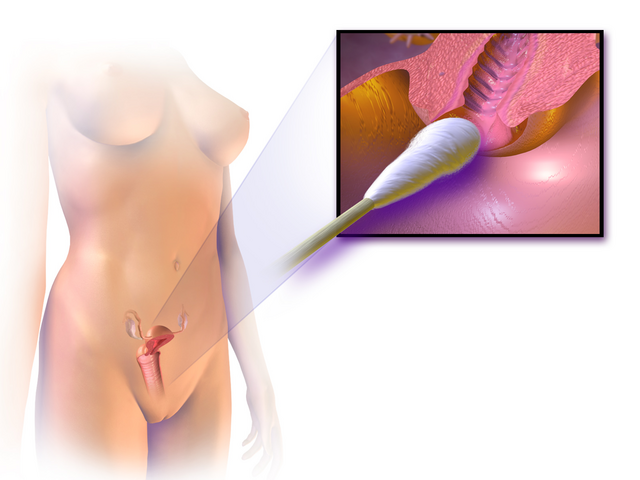Cervical cancer is one of the most common—and preventable—cancers affecting women in Nigeria. Yet, thousands lose their lives to this disease every year simply because of lack of awareness and low screening rates.
Did you know?
- Nigeria records about 25,000 new cervical cancer cases annually.
- Globally, 493,000 women are diagnosed each year, and 274,000 die from it.
- Most of these deaths occur in developing countries, where access to screening and treatment is limited.
This blog post explores a recent study on cervical cancer awareness and screening among rural women in Lagos State, revealing critical gaps and what can be done to save lives.
The Study: What Was Found?
Researchers surveyed 400 women (ages 25-65) in rural Lagos to assess their knowledge, awareness, and use of cervical cancer screening. Here’s what they discovered:
1. Shockingly Low Awareness
- 85% of women had never heard of cervical cancer.
- Among those who were aware, most (66.7%) learned about it from the media (TV, radio, or newspapers).
- Very few heard about it from health workers or community education programs.
2. Poor Screening Rates
- Only 13.3% of women had ever been screened for cervical cancer.
- None of them had been screened in the last 3 years (meaning even those who had been tested once were not following up).
3. High Willingness to Get Screened
Despite low awareness, 86.7% of women said they would be willing to get screened if given the opportunity. This shows that education and access could dramatically improve screening rates.
Why Does This Matter?
Cervical cancer is preventable and treatable if caught early. Here’s why screening is crucial:
✅ HPV Vaccination can prevent most cases (recommended for girls aged 9-14).
✅ Regular Pap smears or HPV tests can detect precancerous changes early.
✅ Early treatment (like cryotherapy or surgery) can stop cancer before it spreads.
Yet, in Nigeria:
❌ Most women don’t know about screening.
❌ Many hospitals lack screening facilities, especially in rural areas.
❌ Cultural myths and fear prevent women from seeking help.
What Can Be Done?
1. Increase Public Education
- Community health campaigns (using radio, churches, mosques, and markets).
- School programs to teach young girls about HPV vaccination.
- More media awareness (TV, social media, and local influencers).
2. Improve Access to Screening
- Free or low-cost screening drives in rural areas.
- Mobile clinics to reach women in remote communities.
- Training more health workers to provide cervical cancer education and testing.
3. Encourage Regular Check-ups
- Women 30+ should get screened every 3-5 years.
- If you’ve never been tested, ask your doctor or nearest health center.
Final Thoughts
Cervical cancer doesn’t have to be a death sentence. With better awareness, accessible screening, and early treatment, thousands of lives can be saved.
If you’re a woman reading this—get screened if you can.
If you’re a community leader, health worker, or advocate—spread the word.
Together, we can reduce cervical cancer deaths in Nigeria.
Reference: Oluwole, E. O., et al. "Cervical cancer awareness and screening uptake among rural women in Lagos, Nigeria." Journal of community medicine and primary health care 29.1 (2017): 81-88.
